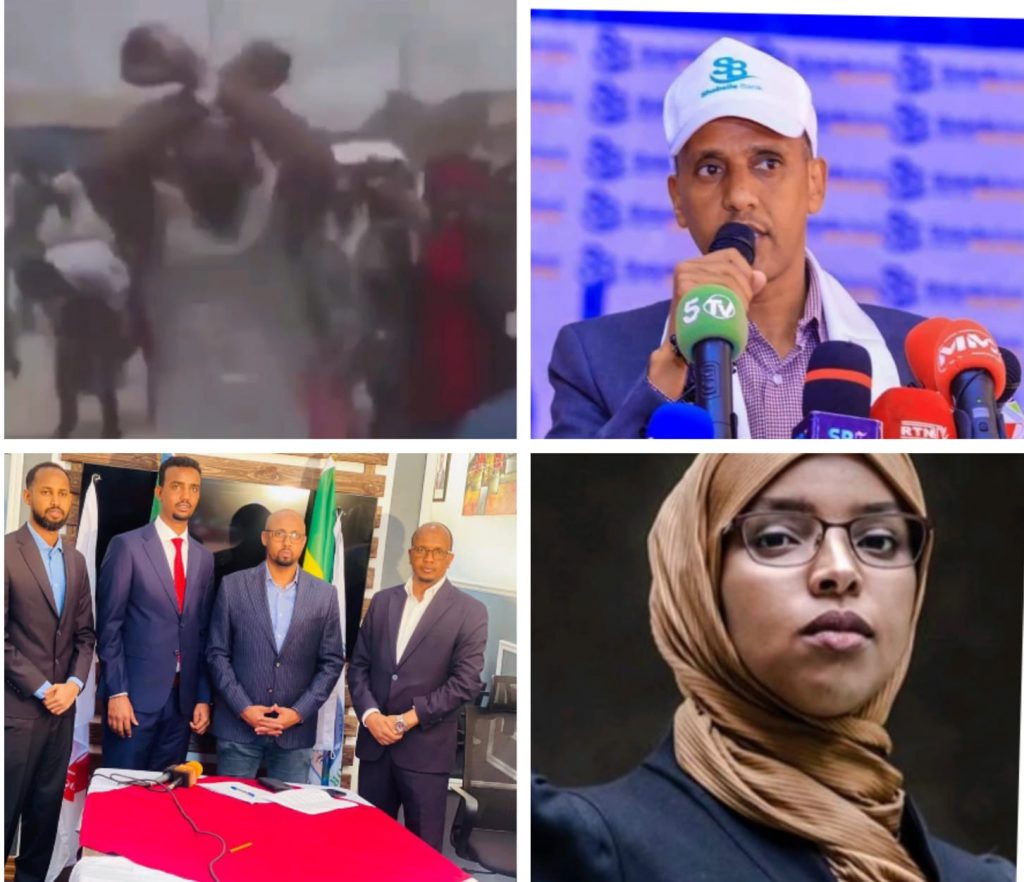
Political tensions are on the rise in the Somali region of Ethiopia. Prosperity Party (PP) led by the Ethiopian Prime Minister Abiy is in power at the Federal level in Ethiopia. The party is ruling in several regions too, including the Somali region. Mustafa Omer of the PP secured another term to lead the region as President last year.
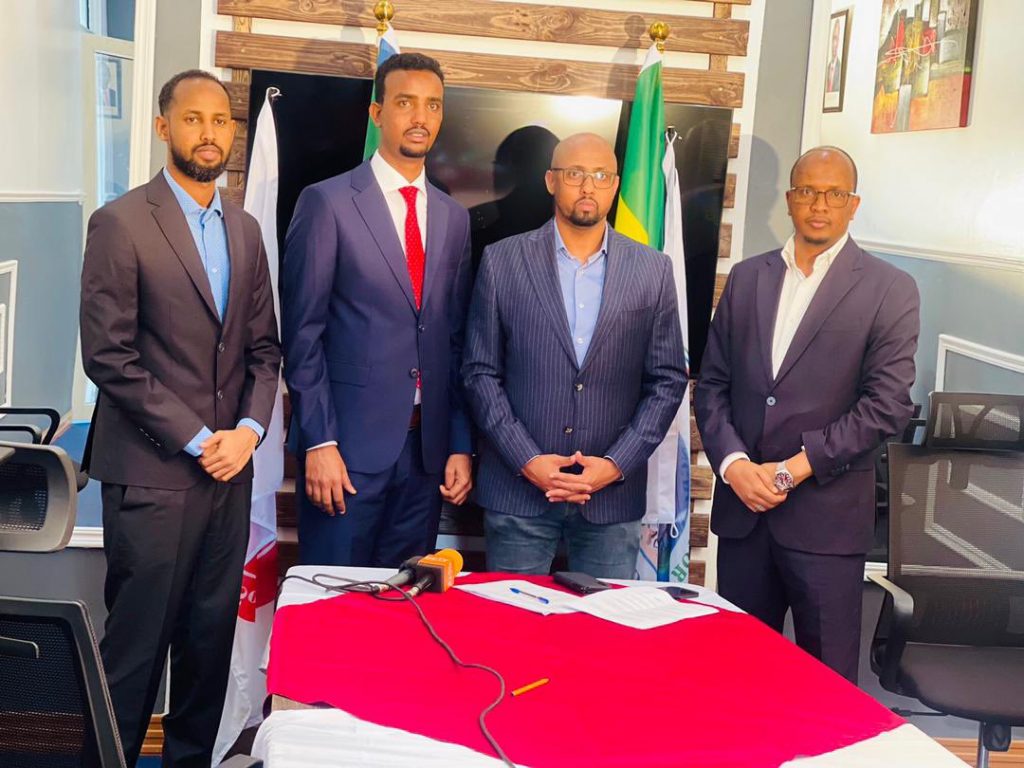
In November last year, a new political alliance CSC was formed in the region. Congress for Somali Cause (CSC) says that six political parties are part of the alliance. Dozens of President Mustafa’s PP party officials are in touch with us, says CSC head Ahmad Mohamed Hasan.
The alliance accuses President Mustafa Omer’s government of total failure. It wants a transitional set up in the region to hold deliberations about the future status of the Somali region. The alliance is mainly based abroad. It announced its formation in Nairobi Kenya.
But since the formation of the alliance in Kenya, political tensions in the Somali region are on the rise.
Two days ago, several ex-officials of the Somali regional government and three local journalists were arrested in Jigjiga city while attempting to attend a meeting at a hotel in Jigjiga, the capital of the Somali region.
The meeting was called on by former cabinet-level officials and central committee members of the regional branch of the ruling prosperity party. “The goal of the meeting was to discuss the politics of the region and find solutions to challenges facing the people of the region”, the members later said in a statement.
The members complained about the track record of the regional president Mustafa Omer and called on the national central committee of the ruling party to take corrective measures.
The meeting was stormed by Somali Region police. At least three local journalists including Awkee Ali Ibrahim of Horayaal TV, Najib Tayib, and Muhyddin Mohammed of RTN TV were arrested. The journalists were covering the meeting of dissident PP party members. They were later released.
While Somali opposition groups are trying to launch a movement against the ruling party, the region is in the grips of a devastating drought. According to World Food Program, it is working to support 2.9 million people with food relief in the Somali region, including 585,000 malnourished children and mothers with nutrition treatment, and 80,000 families with mothers or young children with preventative treatment against malnutrition.
Another vocal critic of the Somali regional government and Ethiopian Prime Minister Abiy is Filsan Abdullahi.
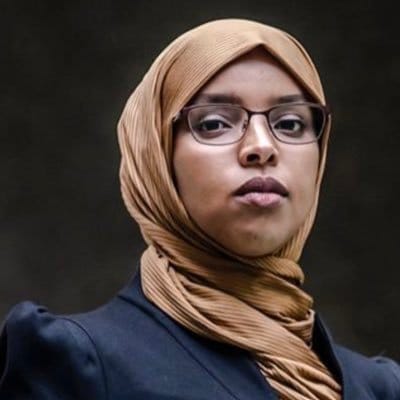
Filsan Abdullahi Ahmed, also known as Filsan Abdi, is an Ethiopian activist and politician from the Somali Region. She is the founder of the Nabad project and satellite television station. She was appointed the federal Ethiopian Minister of Women, Children, and Youth on 12 March 2020, becoming the youngest person in the Abiy Ahmed cabinet.
Filsan resigned from the Cabinet in September 2021. In December 2021, she stated to The Washington Post that she had resigned in relation to Abiy’s handling of the Tigray War.
She is being seen in international media on regular basis. In her interviews on CNN, BBC, Washington Post, she has accused the Ethiopian Federal Government and Somali regional government of being incompetent and biased. Her TV channel Nabad TV was closed by the Somali regional government in November last year. Read more…
It seems that Filsan Abdi, Congress for Somali Cause (CSC), and disgruntled ruling party members are trying to stir a street movement against President Mustafa Omer.
This week protesters were seen chanting slogans against President in Jigjiga city. Video of the protest is being shared on social media platforms. Pamphlets calling for the removal of the president were also distributed in some parts of Jigjiga city.
While the main protagonists of the opposition movement are based abroad, it would be a challenging task to launch a full-scale street campaign against the Somali region President.


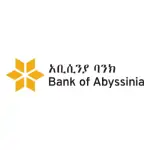


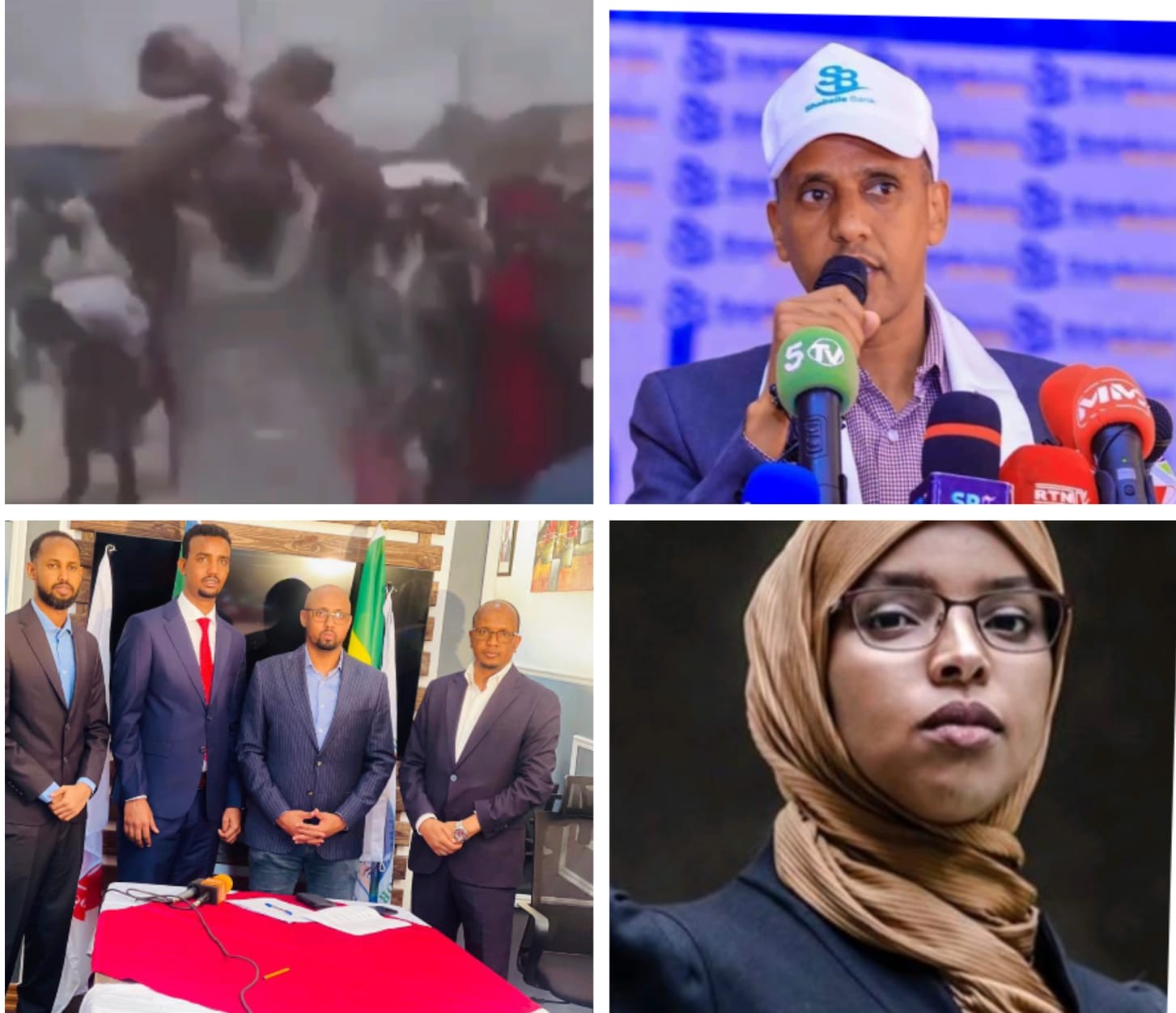
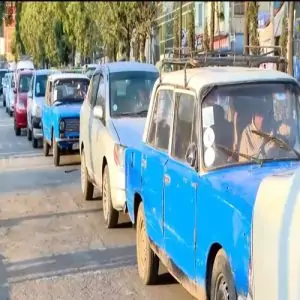

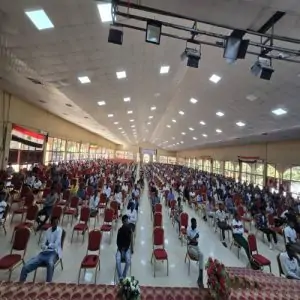

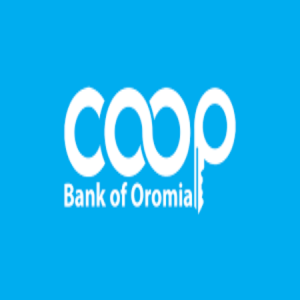
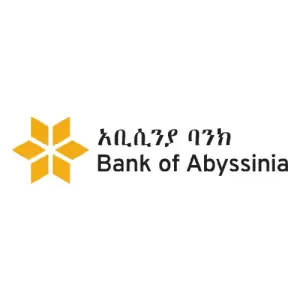

Is this whole thing orchestrated by Western governments (headed by that of the US) and their local agent, the TPLF, to keep some degree of influence in the country’s affairs? For someone who follows the pattern of disturbances within the country (genocide against the Amharas in Western Ethiopia, attacks on innocent civilians in Afar by the TPLF, movement in the northern part of Begemidir), especially when the federal government appears to have the upper hand in the north of the country, it is possible to form such a view. Hopefully, the situation will soon be under control, as any escalation could lead to a much worse situation.